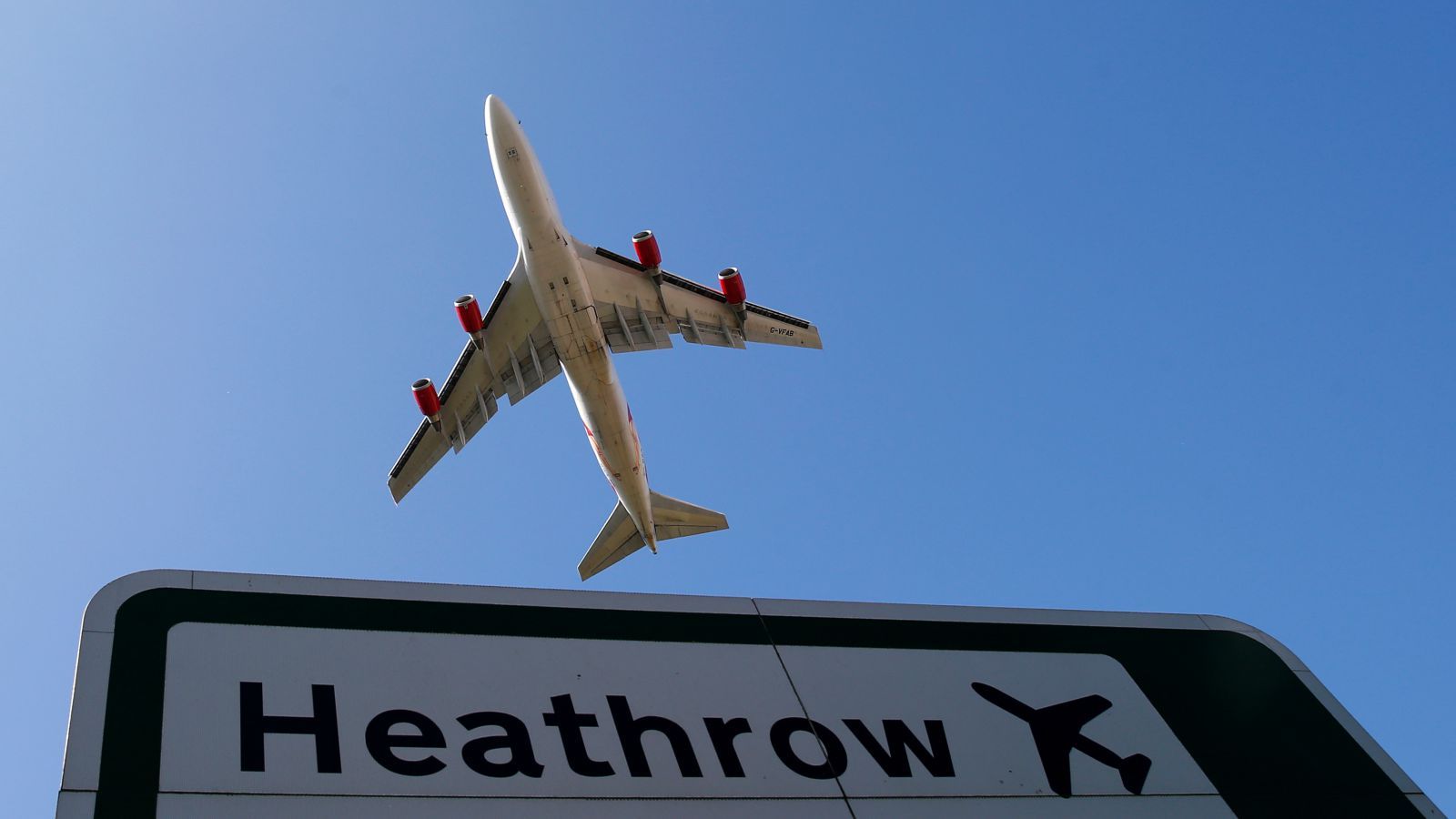Will other countries copy the UK’s India travel ban?
In 1954, US president Dwight Eisenhower used domino theory to explain what would happen if Vietnam fell to communism; it was a geopolitical thesis that justified US intervention. Put simply, a falling domino touches another, and then another, culminating in “a disintegration.” He believed the whole of Indochina, as the region was then known, was under threat.


In 1954, US president Dwight Eisenhower used domino theory to explain what would happen if Vietnam fell to communism; it was a geopolitical thesis that justified US intervention. Put simply, a falling domino touches another, and then another, culminating in “a disintegration.” He believed the whole of Indochina, as the region was then known, was under threat.
The same principles, whether they are reasonable or not, can explain global vaccine issues, such as the successive bans and restrictions on the Oxford-AstraZeneca shot recently—one country identified a potential problem with blood clots, everyone else quickly followed. These were not necessarily independent scientific decisions; it’s likely that politics were at play, too.
The UK may have pushed another domino with its recent decision to ban travelers from India, where Covid-19 infection rates are seemingly out of control. If policymakers in the US, Europe, and elsewhere follow suit, Indians could find themselves increasingly isolated. Hong Kong has already blocked travel from India, as have the United Arab Emirates and Canada.
After British prime minister Boris Johnson canceled a scheduled trip to Delhi earlier this week (Apr. 19), the UK swiftly added India to its “red list” of countries that are deemed by the government, on the basis of scientific advice, to pose a danger to Britain. The ban on Indian travelers comes much later than similar restrictions on neighbors Bangladesh and Pakistan.
Most red-list countries are in Africa, Asia, and Latin America, and for Indians, the policy is enforced from Apr. 23. Travelers arriving from these locations are refused entry to the UK, unless they are British or Irish nationals, and even then, they must quarantine in expensive, government-approved hotels. London’s Heathrow Airport refused to allow airlines to schedule additional flights from India before the deadline; there are 1.4 million people of Indian origin in the UK.
If the domino theory holds true in this case, EU countries would also follow the UK’s lead, along with the US. If trusted policymakers have made a decision in one place, it generally seems to give their counterparts a green light elsewhere. Clearly, given India’s high infection rates, a travel ban may make sense regardless of who makes the first move. Meanwhile, North America has a large Indian diaspora, and the impact on workers and students, with many preparing for a possible fresh start in the fall semester, would be considerable.
India, too, has shifted policies rapidly in line with what other countries are doing. Earlier this month, Indian health authorities fast-tracked the approval of all vaccines that had already been authorized in the UK, EU, US, and Japan. In the pandemic, everyone is trying to avoid wasting precious time.
This story has been updated.